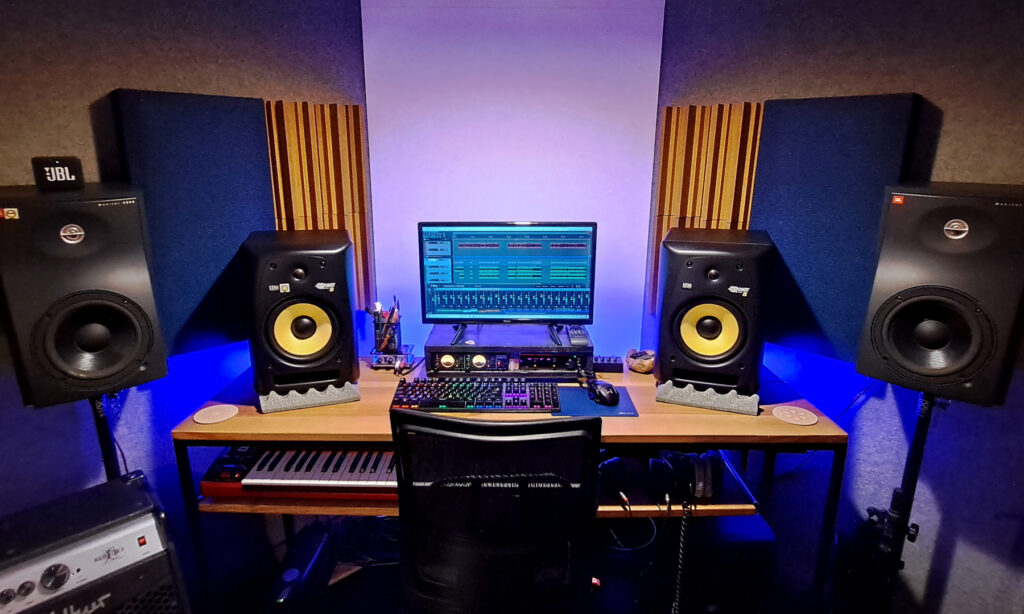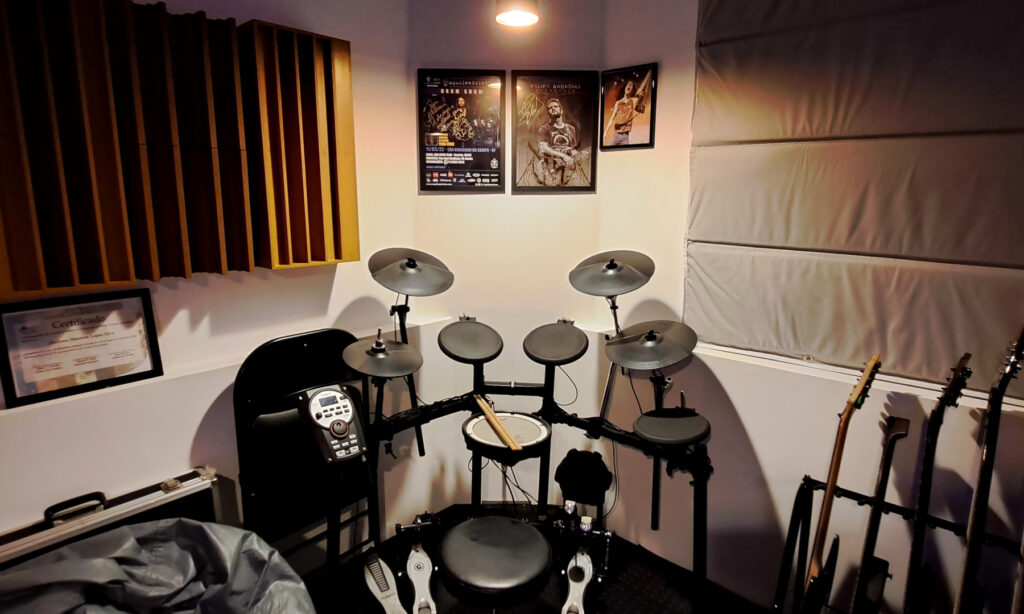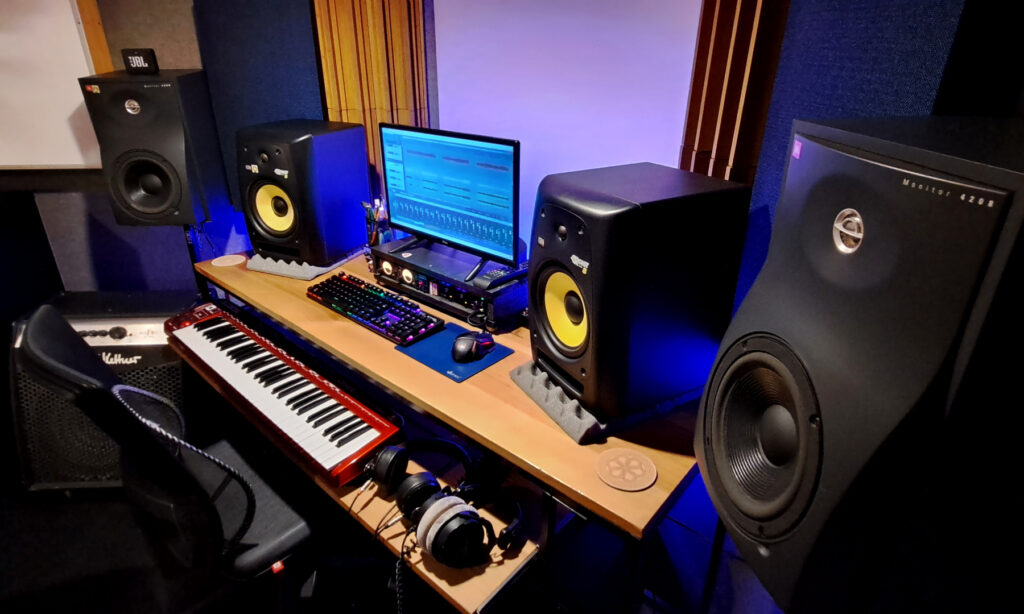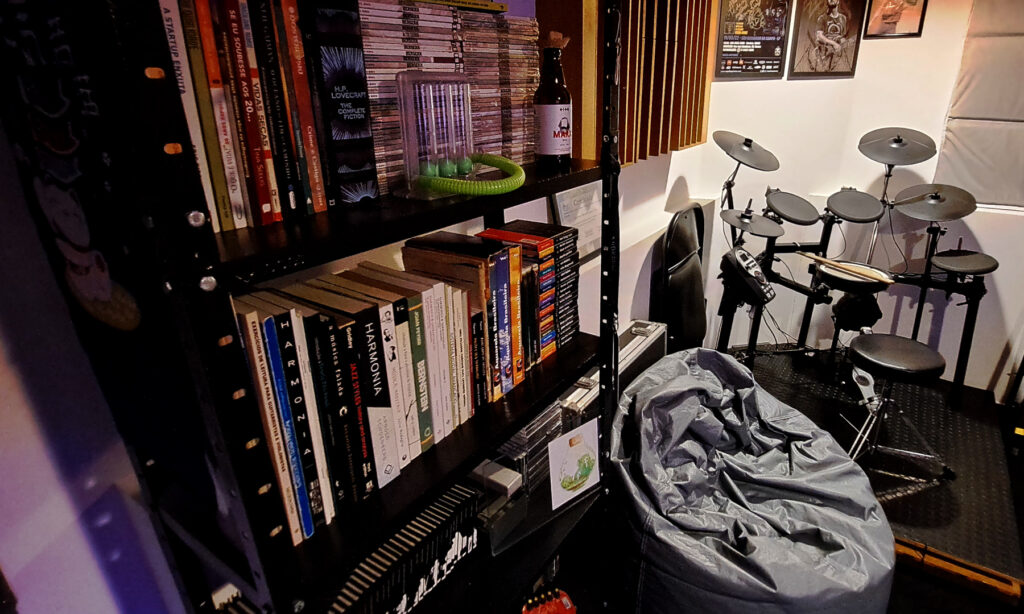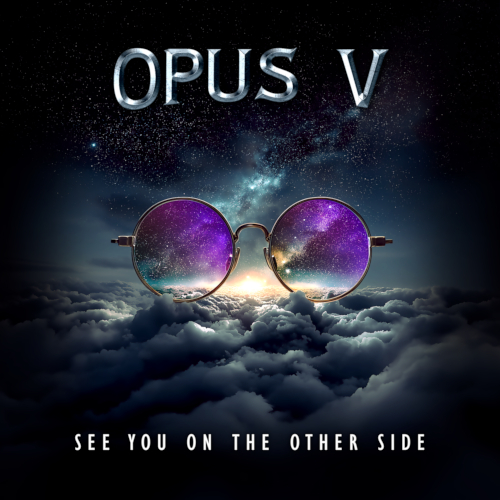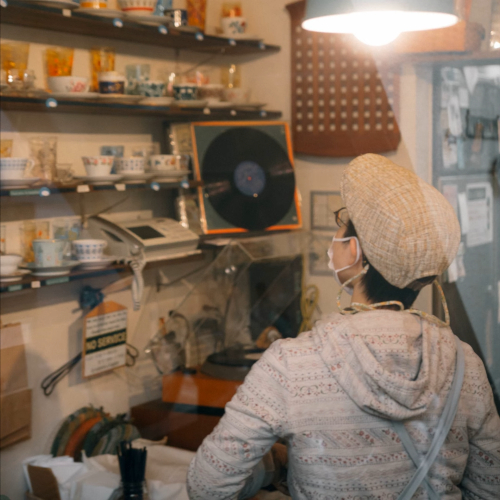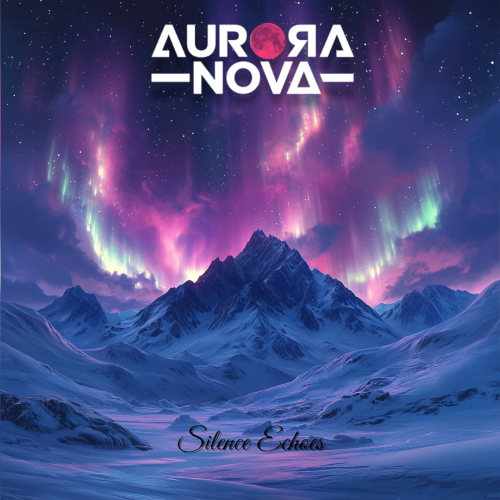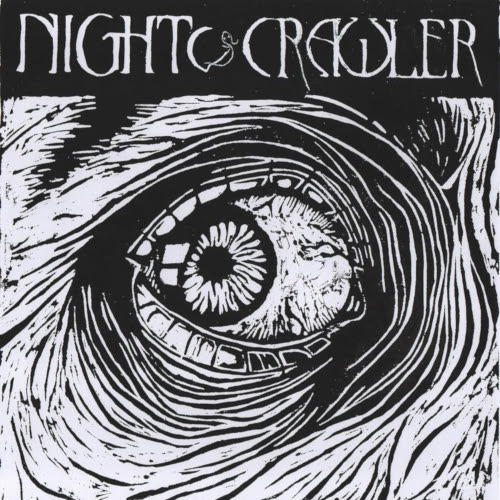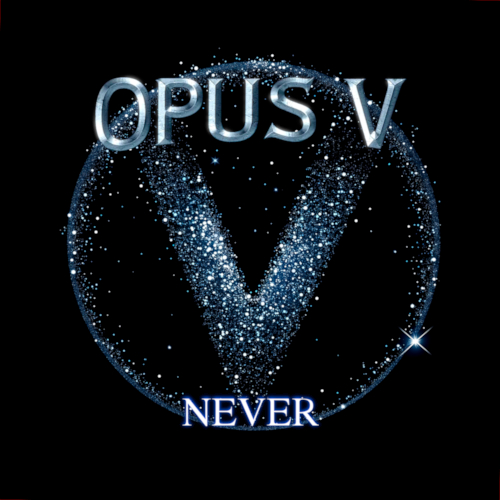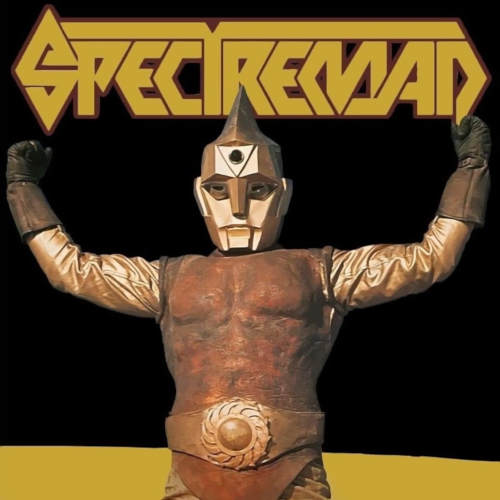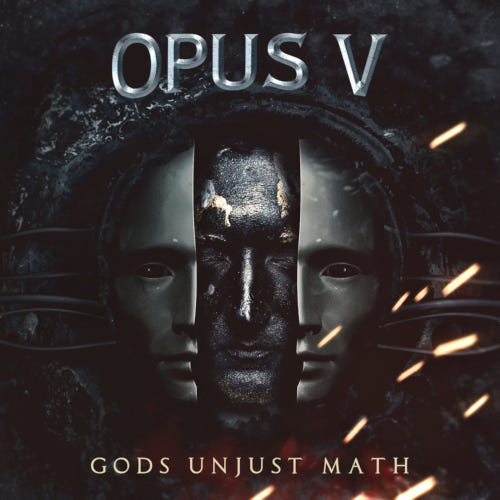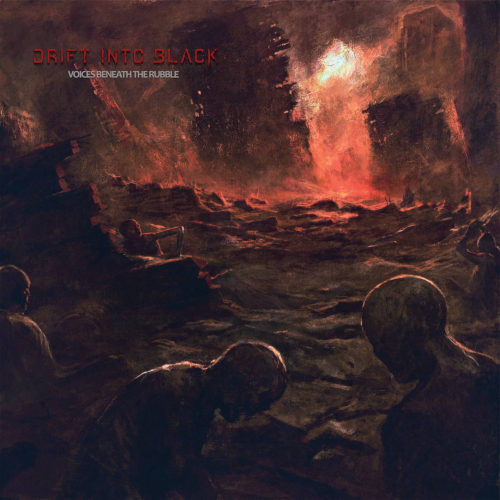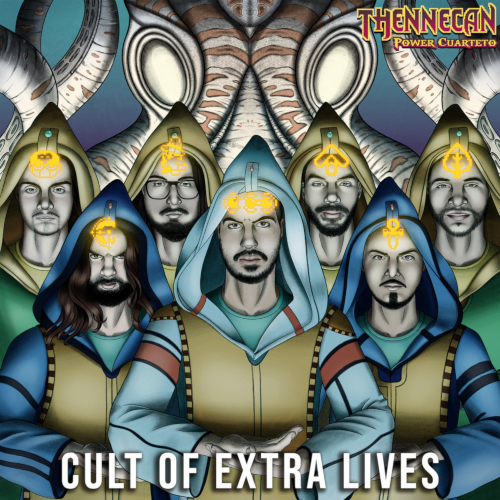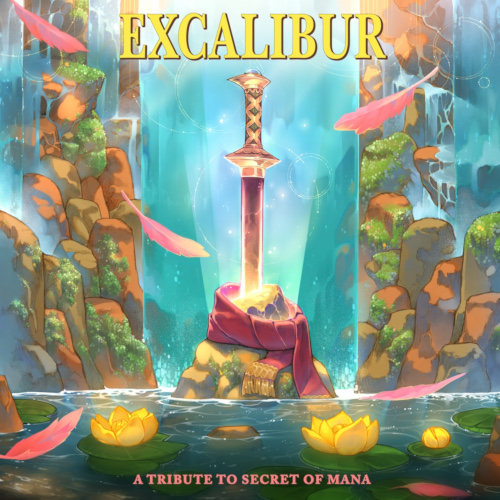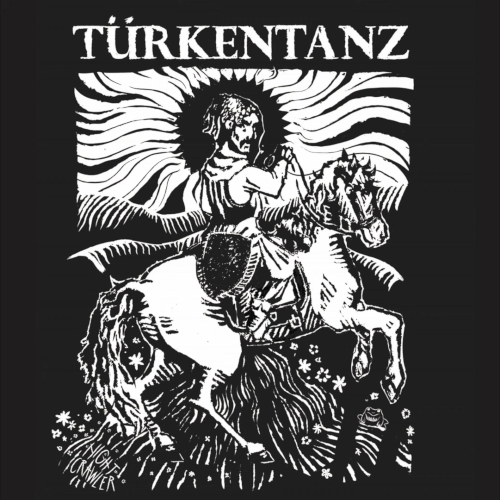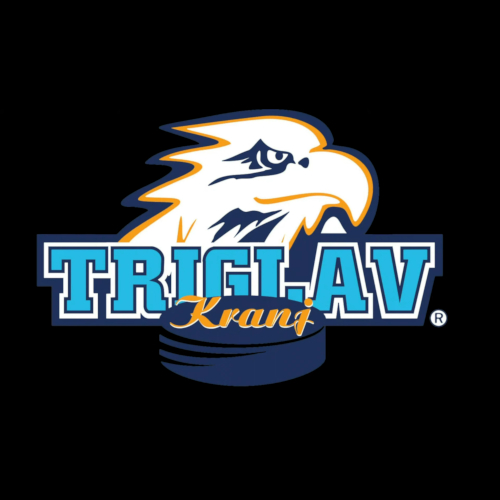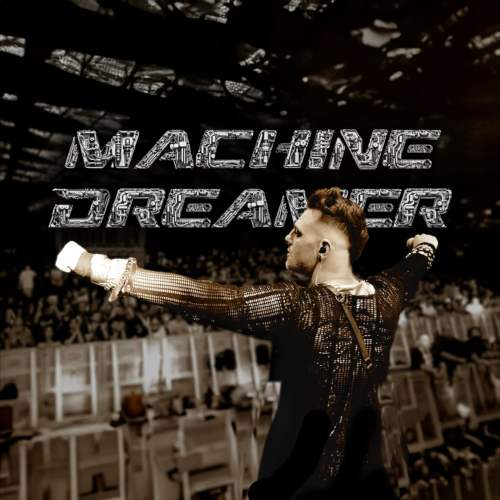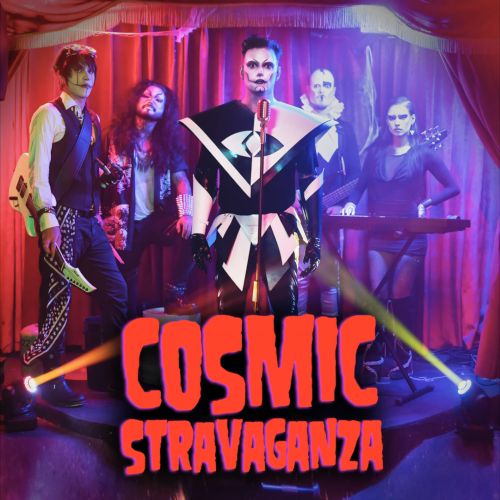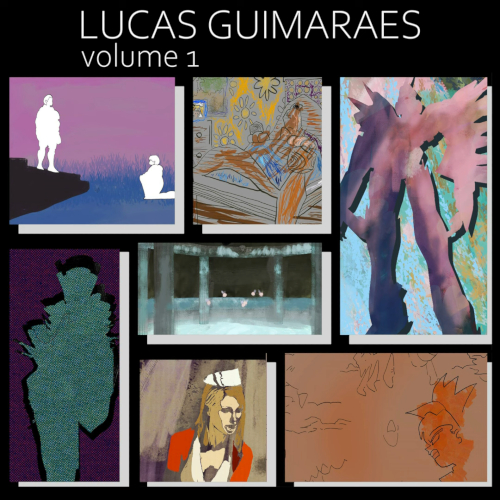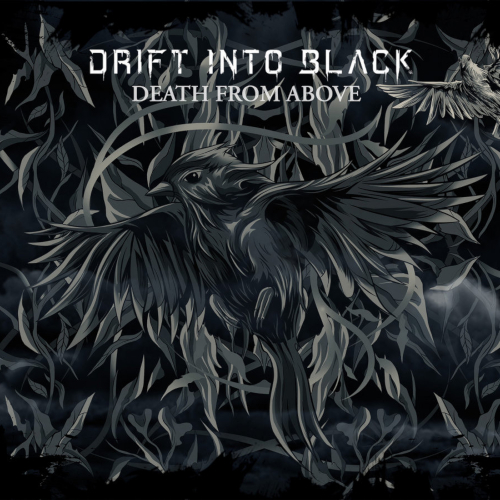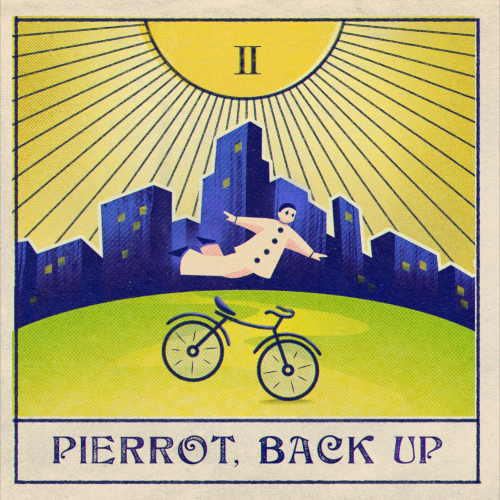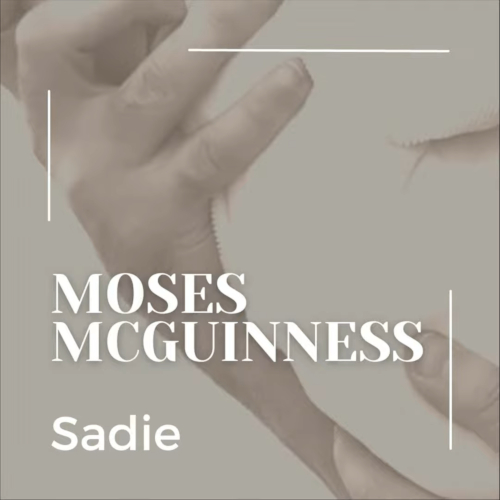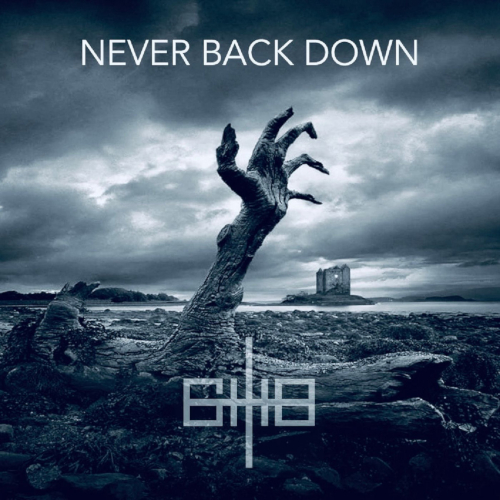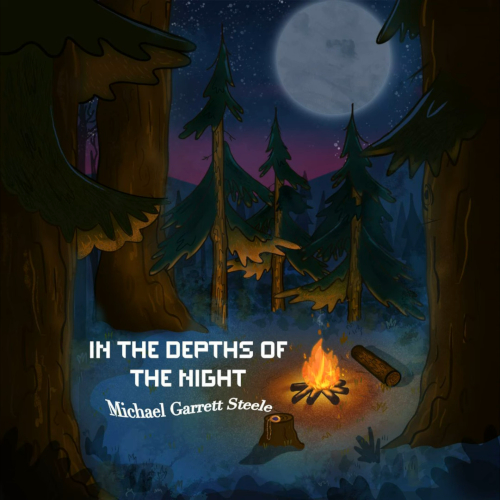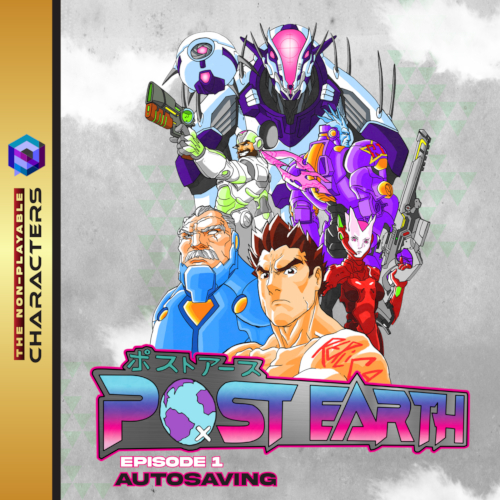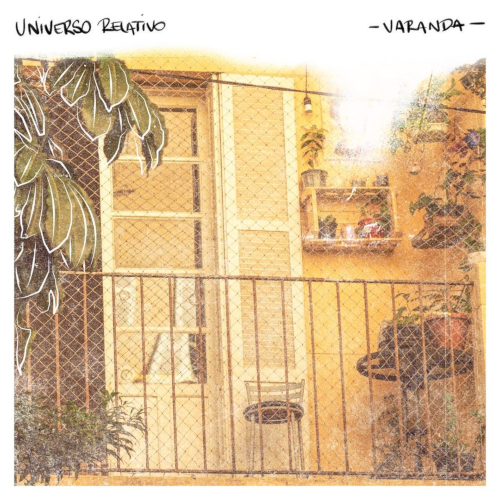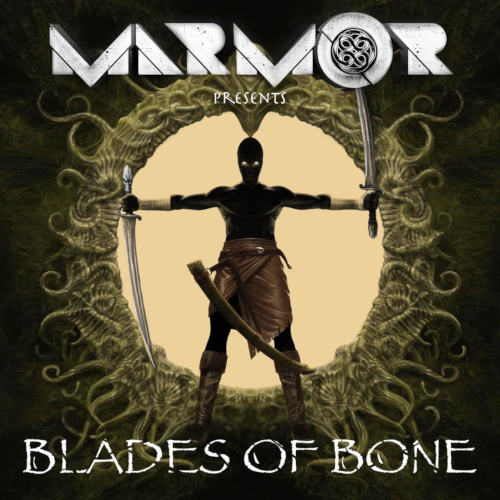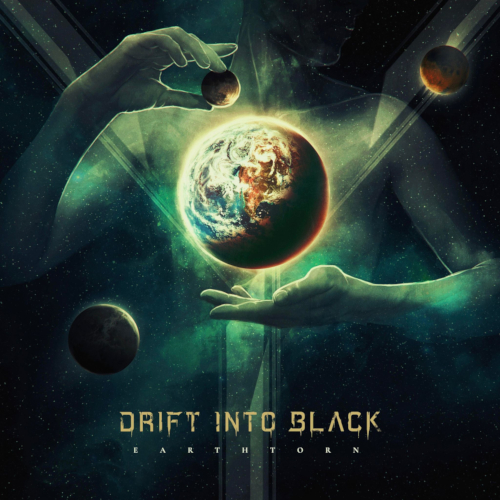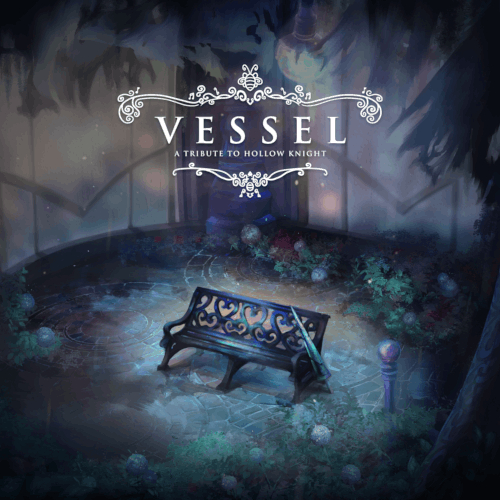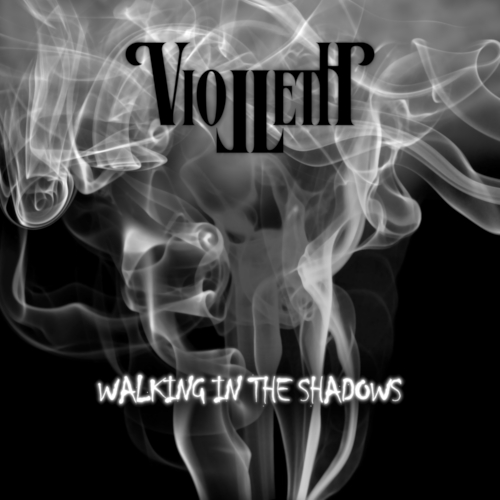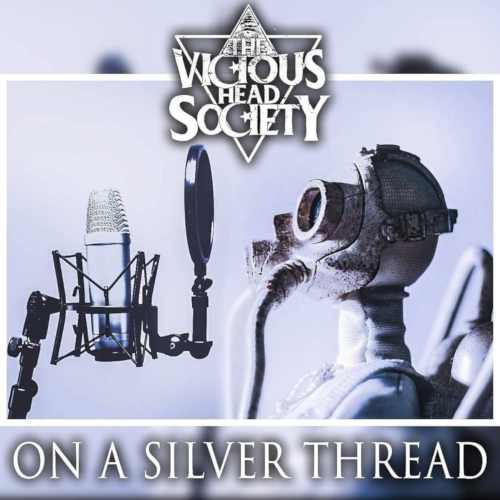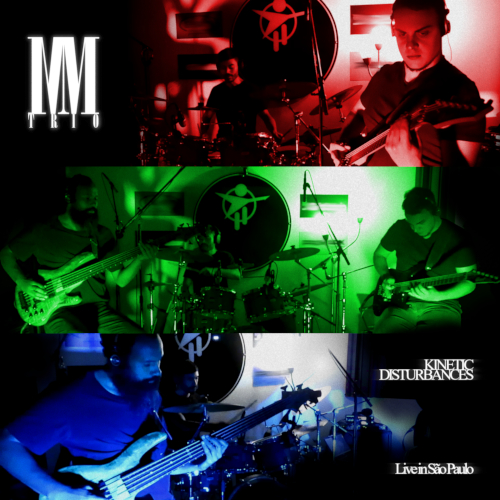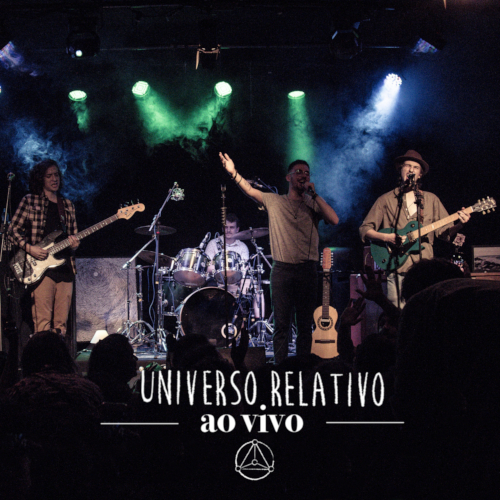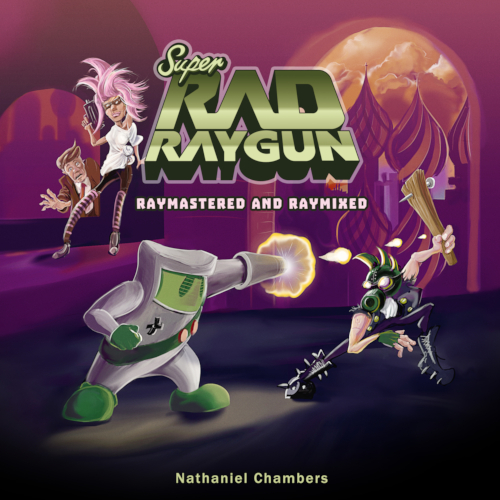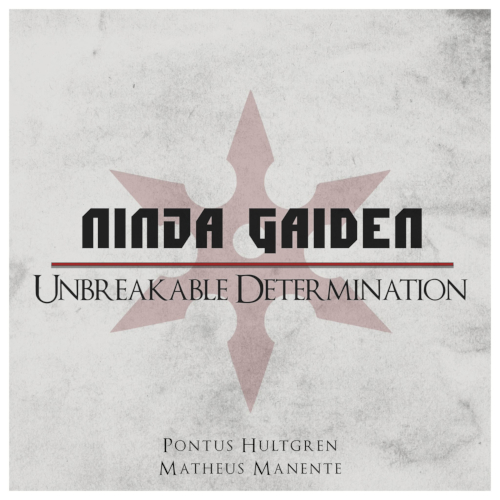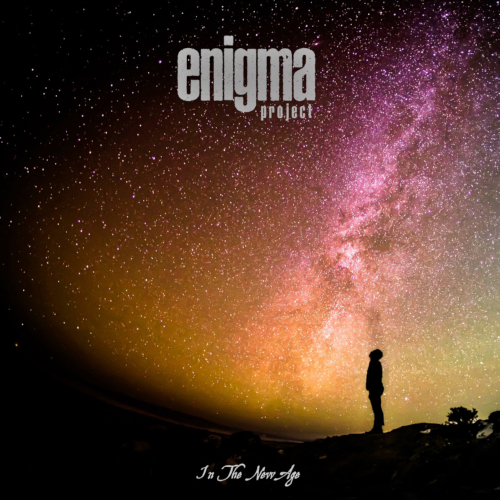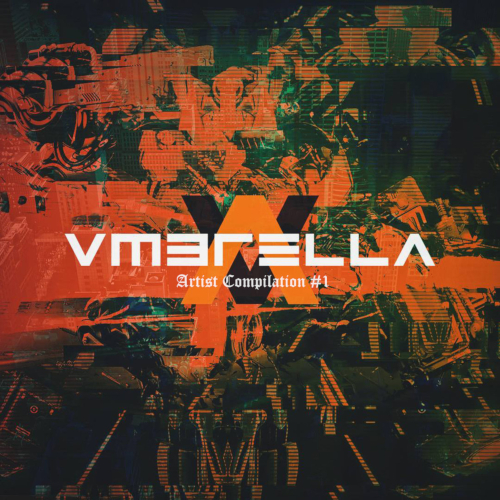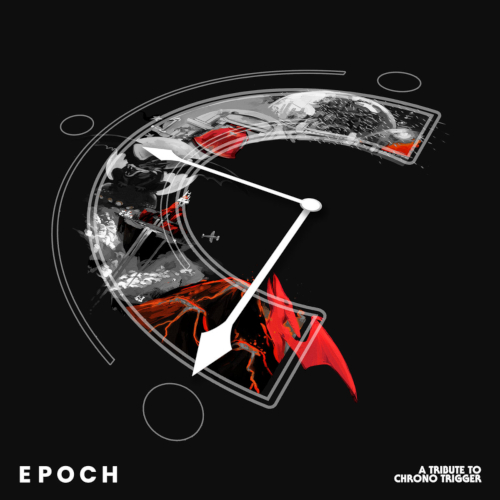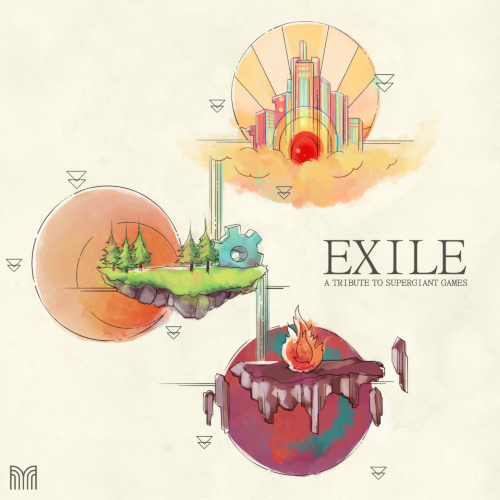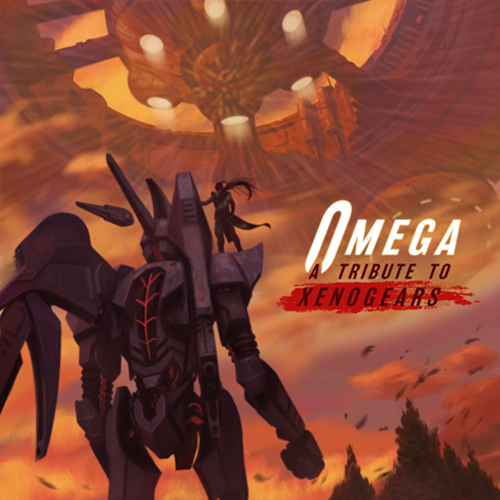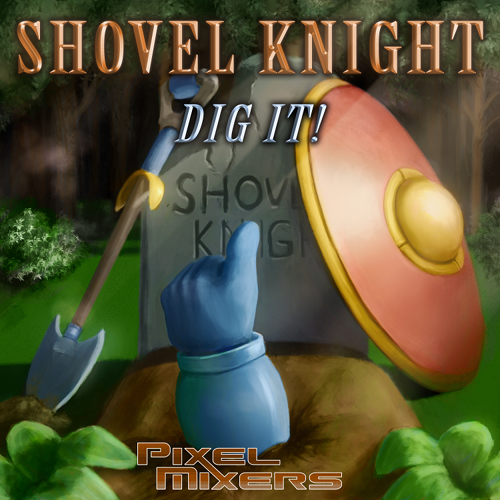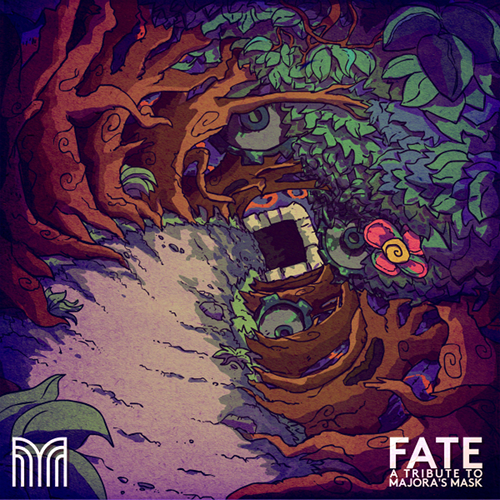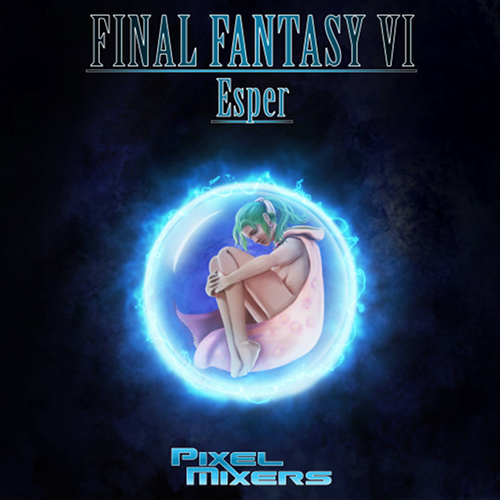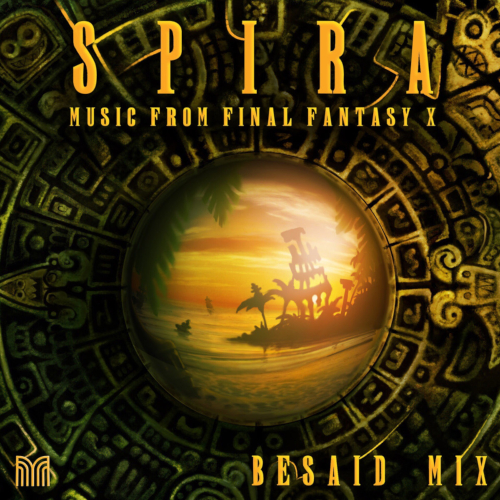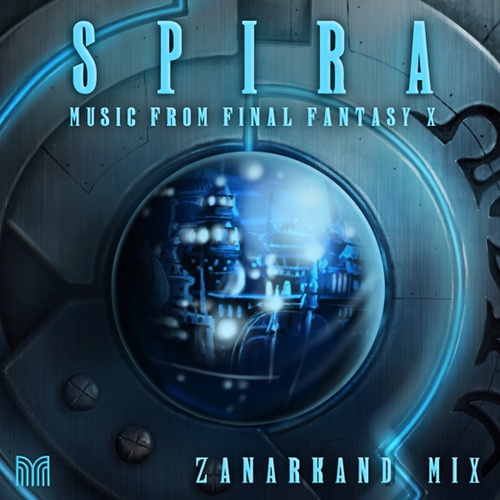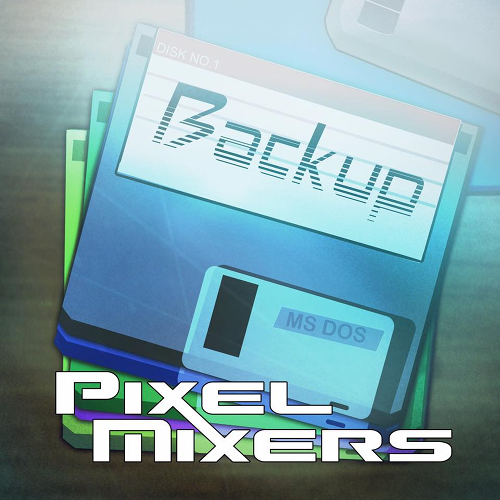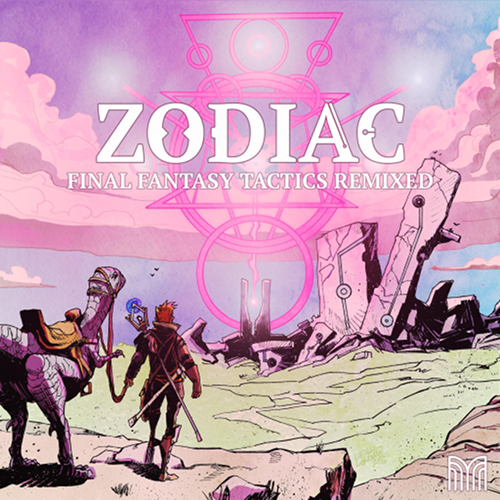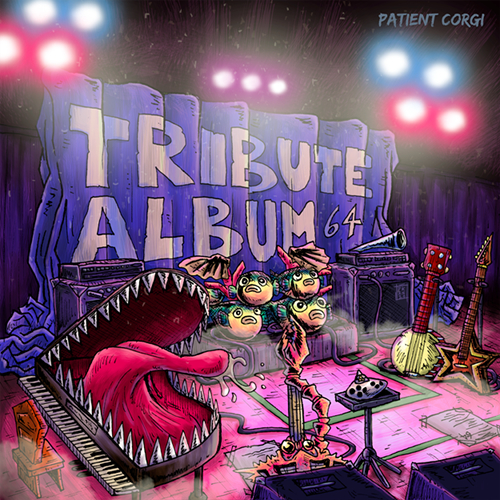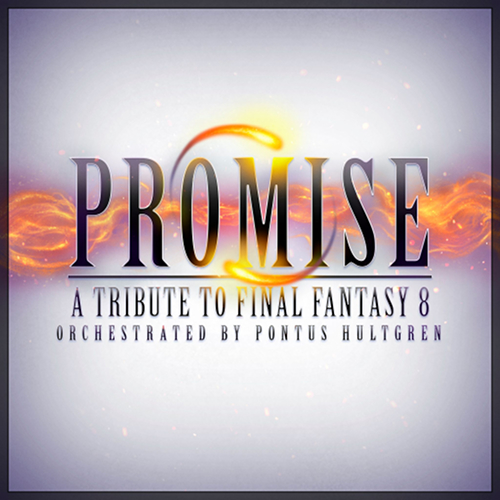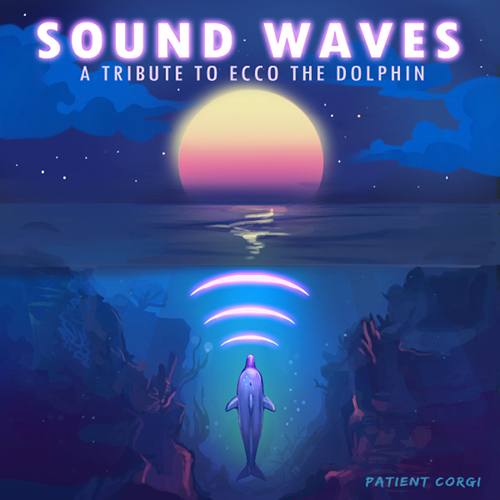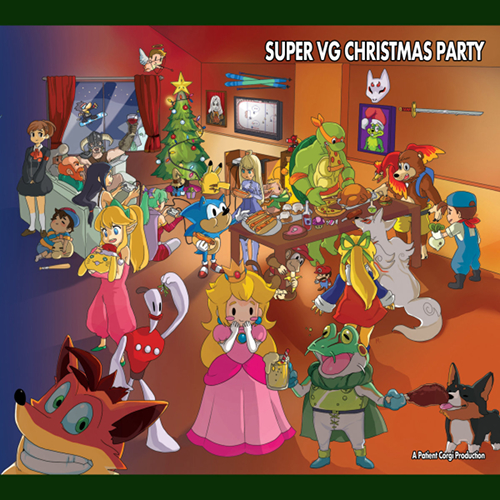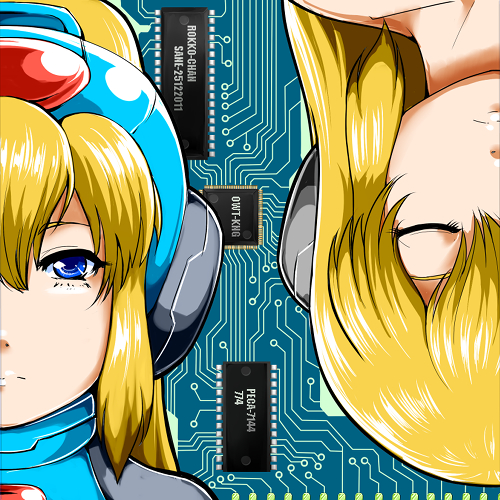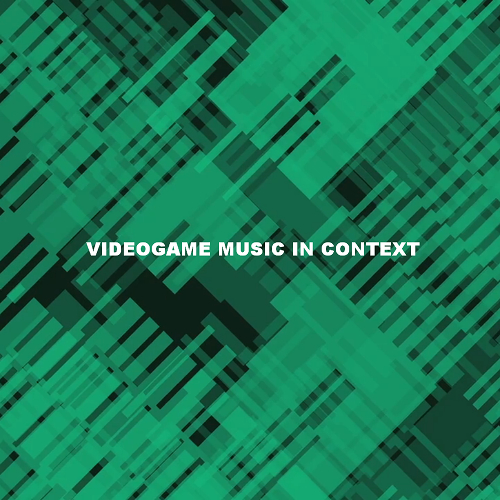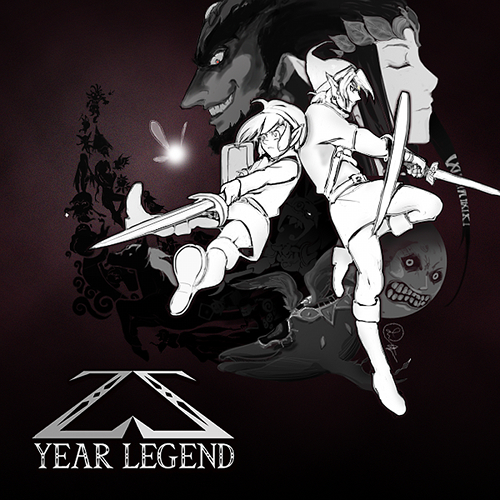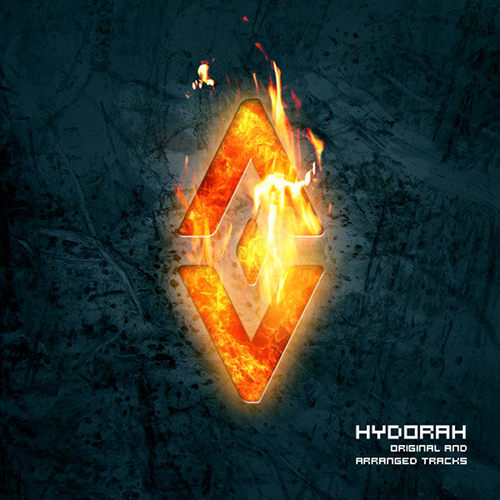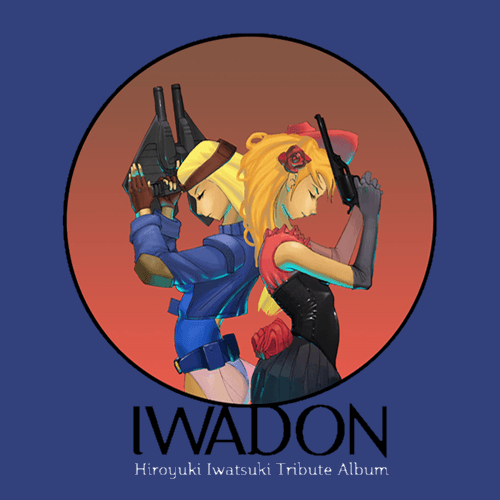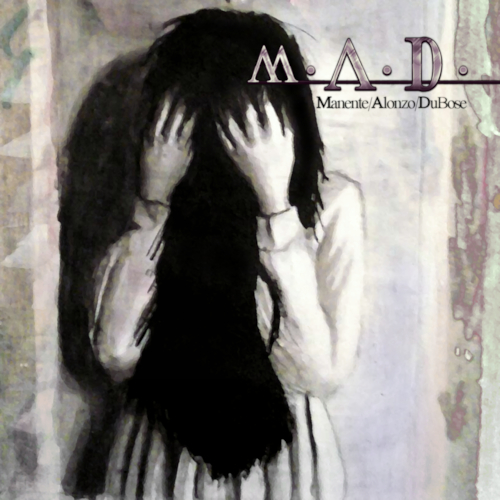What is the difference between a mix and a master?
Mixing is the process of making every instrument and voice sound good together, in the context of the song. When mixing, the engineer merges all stems of a song together, making it all sound clear and beautiful. Mastering is the process of making a mixed song sound good in the context of the market it aims for. Mastering guarantees that a song won't sound strange when compared to (or played after) other tracks in the same genre. Usually, masters are done after mixes.
What does In-The-Box means?
It means all the process is done on a digital environment, which has big advantages - It guarantees the integrity of the recordings, allows for effects that are impossible to do on analog gear, and even more important - it's really easy to do recalls. Analog gear is rightfully praised for its sound, but it comes with disadvantages, such as increased noise and difficulty of recalls (fully analog gear doesn't magically saves sessions, which means the engineer has to tweak all the knobs again to do a recall - or, if he didn't take notes, start all over again). Ultimately, keep in mind that a great engineer will create a beautiful mix anywhere. Analog or digital, it doesn't really matter if the engineer knows what he is doing.
What should I send for a mix?
Your stems, rendered properly, named after the song and the instrument - which helps the audio engineer to prepare the mixing session. More information is also welcome, such as tempo maps, notes and references - specially if editing is needed.
What are stems?
A stem is a consolidated, rendered audio file, usually in a lossless format, which contains the performance of a single instrument or voice. Sometimes, when engineers record an instrument with multiple mics, they generate a different stem for each mic - a common process on drums, for example. It is also common to render different takes to different stems. For example, if a producer recorded two rhythm guitar takes, he will render each one to a separated stem, even if the guitarist is playing exactly the same thing on both. Rendering stems of a song allows the mixing engineer to make all necessary adjustments to the tone of individual instruments and voices.
How should I render my stems?
You should render the stems of your song to a lossless format, all starting exactly at the same position, even if there is a large amount of silence at the beginning. This is absolutely necessary to avoid sync errors. Other than that, the key is to think that the engineer cannot change what has been rendered. For example, imagine you recorded a guitar using two different mics, found a great balance between them and you're 100% sure you don't want to change it. Then you can render both into a single stem. Experienced recording engineers can do that with great results and actually make the life of the mixing engineer easier. But if you're not sure about your tones, render each mic into a different stem and let the mixing engineer decide. It is usually the safest option. NEVER render two different takes or tones to the same stem, unless you know exactly what you're doing and why!
Should I render stems with audio effects on (wet) or off (dry)?
Again, the key here is to think that the engineer cannot change what has been rendered. So, the safest option is to render a dry stem. If you crafted an effect which you really like and you're 100% sure you don't want it to change, you can render a wet stem - Just keep in mind that the mixing engineer won't be able to adjust it.
In what format do you want my files?
The best option are files rendered in WAV format with sample rate of 48 kHz and bit depth of 24 bits, preferred to reach the high quality standards of the market. It is also possible to work with any other configuration, higher or lower, as long as it's lossless and at least 44.1 khz / 16 bit. Lower settings may compromise the sound quality and result in a lo-fi product.
How should I send my files?
The files can be uploaded to any cloud service, such as WeTransfer, Drive or Dropbox.
Can I send a mixed track for you to do a new mix?
No, and the reason is: If you don't have the separated stems, it's impossible to mix or remix your song; Also, mixing music is an art on itself and very subjective, so it's important to respect the work of other audio engineers. If you have a very good reason for this and you really need help, get in touch and we will discuss the possibilities.
Can I specify which Instruments I want to stand out more in the mix?
Certainly! You can also send references.
Can you reamp DI stems?
Certainly, through real tube amps and mics, high-quality simulators or impulse responses. Before submitting your project, get in touch so we can discuss your needs further.
Do you do additional Production?
Yes. If requested, additional instrumentation can be added and minor details can be changed in the production. The studio takes all projects seriously and personally, so there are a few cases in which suggestions are given to improve the production or the arrangement, but no action is taken without consent of the client.
Can you work with surround pieces for cinema or any kind of work that demands more than two channels?
No, the studio is currently unable to work on surround pieces or anything that goes beyond 2.1 standard stereo.
What genres do you specialize in? Can you work with other genres?
Harvestman Studios is specialized in rock, heavy metal and alternative styles - But also works with other genres, such as chamber music, jazz groups, dance music, pop singers... The fact is, technically, the process of mixing and mastering is the same on every style. As long as there are references on how your music should sound, we'll be able to get there.
How longs does it take to mix a song?
Mixing one song usually takes two days. The process may take more time if your song is too long or has an insane amount of stems. Keep in mind that the studio takes all projects seriously and personally, devoting a lot of time to each one in order to get all the details just right. Get in touch and we'll discuss if we can meet your exact deadlines.
If I don't like the result, can you do recalls?
Yes! To ensure complete satisfaction, Harvestman Studios provides an unlimited number of recalls until the client is 100% satisfied, tweaking every detail of the track or even starting from scratch again if needed be. Once the client is happy and the final files are delivered, free recalls are no longer possible - And the reason is to avoid unreasonable claims for recalls months or even years after the work is done.
In a mixing recall, can you change old stems I didn't like for new takes?
Yes, but extra fees may apply unless explicitly stated or requested by the audio engineer. And the reason is, changing a stem may lead to several changes in the mix, as every balance will have to be reconsidered. To avoid problems, take your time and make sure you are 100% satisfied with your recordings before submitting your stems to the mixing engineer.
How long do you save files after a gig is complete?
The studio tries to keep projects in a backup system for as much time as possible, but reserves the right to delete projects at any time after the final delivery. The client is totally responsible for backing up and storing the final product properly after it was delivered. Make sure you give to your music the attention and security it deserves!
Can you send me an example mix before I order?
No, and there are a few reasons why: (1) an example mix isn't a finished product, and thus may cause the wrong impression; (2) Harvestman Studio's schedule is usually very tight, so it's not possible to commit without guarantees that it will pay off; (3) The studio offers an unlimited number of recalls. Plus, you can always check our portfolio to hear real-life examples of our work before deciding.
Can I send you all my songs (my album) at once?
Yes! It is actually easier if you deliver everything at once, as long as all the stems are organized and named in an easy and intuitive way.
If I have poor quality recordings, can you still work with it?
Yes, the Studio has worked with quite a few bad scenarios and managed to improve it all dramatically. However, keep in mind that, if you use rotten wood to build a house, you will face many structural problems in the future. In the same way, if your foundation - the recordings - lacks quality, the mix built upon it will suffer. Nevertheless, even if you can't expect a state-of-the-art sound when your recordings aren't good, we may still achieve great improvements upon it.
Do you use presets or templates to mix?
No, we don't use presets, templates or anything like that. All mixes are build 100% from scratch to suit the exact needs of each song, which may differ a lot.
Do you offer instrumental (or alternative) versions of the mix?
Yes, but it requires a lot of work and time to render alternative versions or mixed stems (sometimes even days), so make sure to mention that before we start - otherwise, additional fees may apply!
Can I have access to the mixing session, or the project file?
No. The studio reserves the right to keep the mixing or mastering process confidential and not accessible to clients. We do that for a number of reasons: (1) If the client decides to tweak the mix or master and it results in a poor product, it reflects badly upon the studio; (2) The studio loses quality control over the product, and also part of the expected revenue; (3) A pre-made session won't help the client in any way, since other songs will need different treatment. There is an exception though, that is if our studio agrees to do an educational session with the purpose of educating an emerging producer or musician over audio production subjects, or if mixing sessions are to be used on a live environment for real-time mix. In any case, make sure to mention that before we start.
Do I retain all copyright over my music?
Yes, Havestman Studios and Matheus Manente do not own any right over mixed and mastered music. However, we kindly ask to be credited for our services on any public release.
What kind of file and format will you deliver?
The standard file delivery includes high-quality renders in the following formats: lossless WAV 48 kHz / 24 bit, lossless WAV 44.1 kHz / 16 bit, and lossy MP3 320 kbps - Which will cover most modern applications, such as streaming service distribution, compact disc pressing and more. We may also render files to any other format or configuration upon request.
How should you be credited for your services?
As "Matheus Manente", please!

